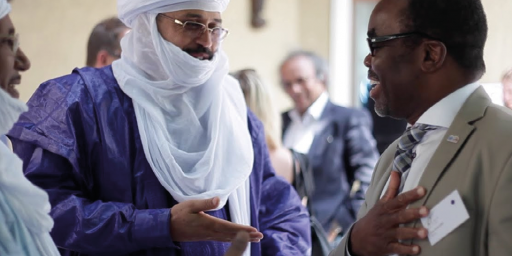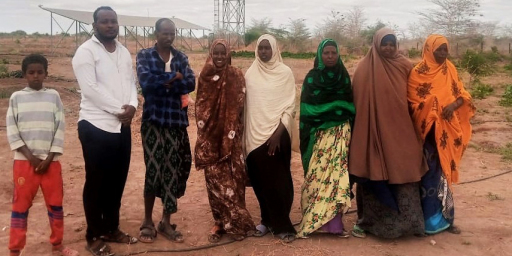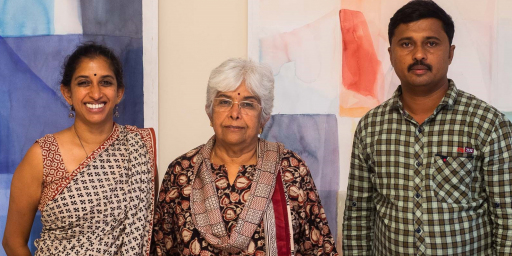
Peace, development and environmental sustainability are deeply intertwined and often can only be achieved together. More than 75% of the world’s conflicts occur in dryland areas, which are home to 35% of the world’s population.
Initiatives for Land, Lives and Peace (ILLP) seeks to be the bridge between international organizations and local communities, connecting individuals to create opportunities for positive change for people, places and the planet.

Peace, development and environmental sustainability are deeply intertwined and often can only be achieved together. More than 75% of the world’s conflicts occur in dryland areas, which are home to 35% of the world’s population.

Where land degradation occurs without restoration, the primary reasons are often not technical or financial but are connected to lack of trust or actual conflict. Change in human attitudes, behavior and relationships are key to achieving both peace and land restoration.

The 1% of agricultural land lost each year can be restored to sustainable productive use, enhancing food security, through improved management of the world’s land. This represents one third of the overall global climate change abatement potential by 2030.



Peace is a prerequisite for restoring land, that is why we work tirelessly with our partners to build trust in affected communities and build sustainability for a lasting future.
A viable future for the planet hinges on sustainability, and this means changing attitudes and actions across multiple areas of society.
Initiatives of Change has focused on land restoration over several years. In 2011 and 2012, at the request of Luc Gnacadja, then Executive Secretary of the United Nations Convention to Combat Desertification, dialogues on these issues took place as part of the Caux Forum for Human Security. This led to a formal request from UNCCD to partner with IofC and move forward on these issues.
ILLP creates synergies between local and global solutions. Its experience and expertise on the ground, for example in Chad, Kenya and India, builds on the existing capacity of local IofC bodies to address the confluence of environmental degradation and conflict. It links this experience with global thought leadership, particularly through the annual Caux Dialogue on Environment and Security (CDES) (formerly the Caux Dialogue on Land and Security, CDLS), in collaboration with IofC Switzerland.
The Summer Academy on Climate, Land and Security was started in 2019 in collaboration with the Geneva Centre for Security Policy, and is aimed at environment and security professionals. These Dialogues bring together NGO representatives, diplomats, practitioners, “hard” security agencies, business leaders, academics and funders, to study what methodologies work best in land restoration and why.
Dr. Irina Fedorenko
Bo Sprotte Kofod
Rishabh Khanna
Pinaki Dasgupta
Dr Peter Rundell CBE FSS
Dr. Nicholas Foster
Dr. Alan Channer
Patrick Worms
Meera Shah
Dr. Jennifer Helgeson
Steven Kimaru
Sveinung Nygaard
Evgenia Kyanova